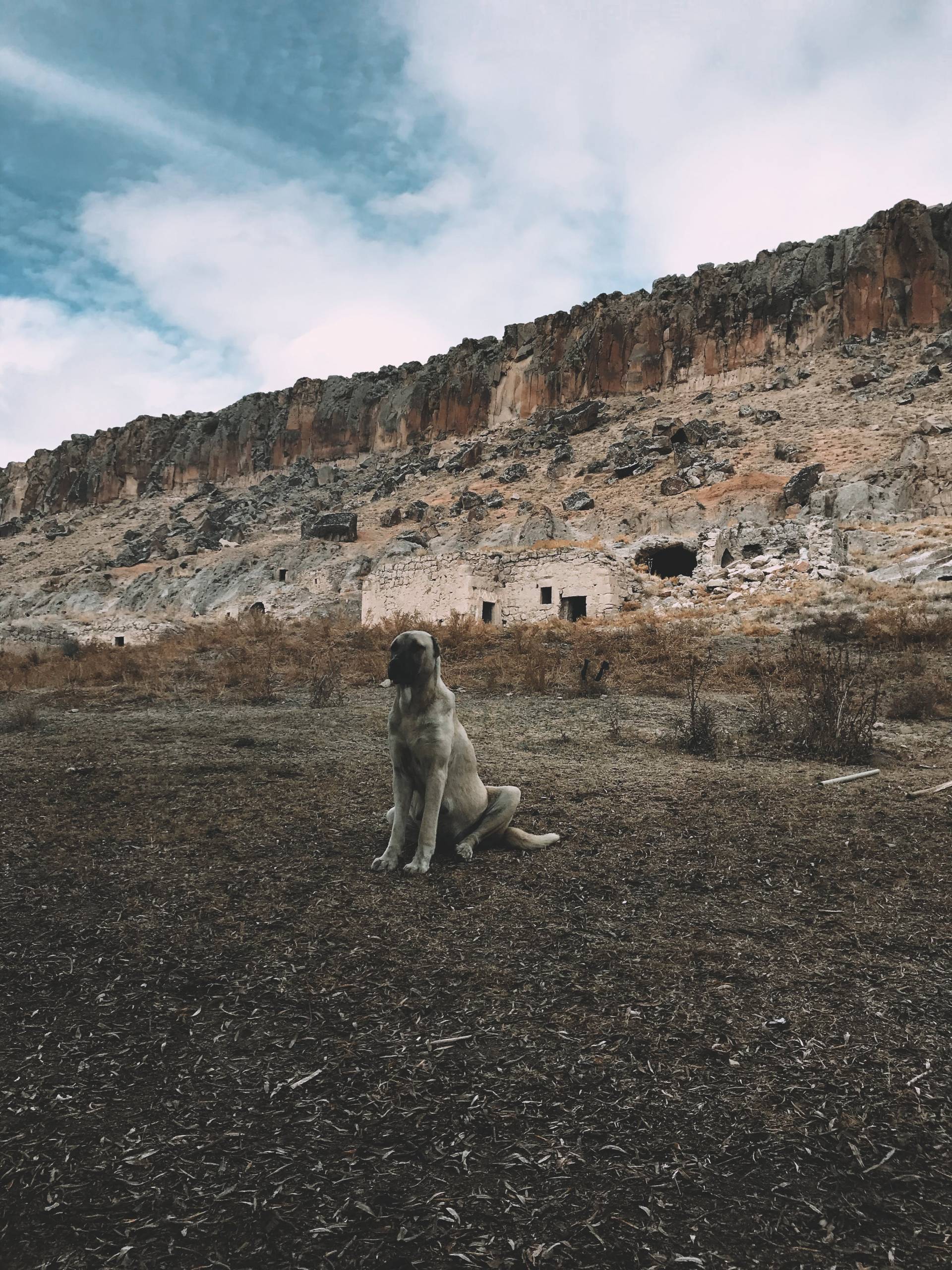
Understanding the Danger
First things first, it’s important to recognize the potential danger chocolate poses to dogs. Chocolate contains theobromine and caffeine, both of which are toxic to canines. These substances can affect a dog’s nervous system and heart, leading to symptoms such as vomiting, diarrhea, rapid breathing, increased heart rate, and even seizures. The severity of the symptoms depends on the type and amount of chocolate ingested, as well as the size of the dog.
Immediate Action
If you catch your dog in the act of eating chocolate or discover the evidence afterward, it’s vital to act swiftly. Start by contacting your veterinarian or an emergency animal poison control hotline. Be prepared to provide details such as the type of chocolate consumed, the amount, and your dog’s weight. These details will help determine the level of risk and guide the appropriate course of action.
Observation and Care
While waiting for professional guidance, keep a close eye on your dog. Monitor for any unusual behavior or symptoms. If advised by the veterinarian, you may need to induce vomiting or administer activated charcoal to help prevent the absorption of the toxins. It’s essential to follow the veterinarian’s instructions carefully to ensure the best possible outcome for your furry friend.
Professional Assessment
After initial care at home, it’s crucial to take your dog to the veterinarian for a thorough evaluation. Even if your dog seems to be doing fine, it’s important to have a professional assessment to confirm that no internal damage has occurred. The veterinarian may conduct tests to check your dog’s heart rate, blood pressure, and overall health. This step is crucial, as some symptoms may not be immediately apparent, and the effects of chocolate poisoning can escalate rapidly.
Preventive Measures
Once the immediate situation has been addressed, it’s a good idea to take preventive measures to avoid similar incidents in the future. Keep all chocolate and products containing cocoa out of your dog’s reach. This includes not only chocolate bars but also cocoa powder, cocoa beans, and products like chocolate cookies or cakes. Educate family members and visitors about the dangers of chocolate for dogs, emphasizing the importance of keeping it secured.
Witnessing a dog consume chocolate can be a frightening experience for any pet owner. However, by acting promptly and seeking professional help, the chances of a positive outcome greatly increase. Remember, prevention is always the best medicine, so take steps to ensure your pup’s safety by keeping chocolate well out of their reach. With vigilance and the right actions, you can protect your furry friend from the potential dangers of chocolate ingestion.
If you ever find yourself in this situation, remember that swift action and professional guidance are your best allies. Your dog’s well-being is paramount, and by being informed and prepared, you can help ensure a happy and healthy life for your beloved pet.
[/fusion_text]



